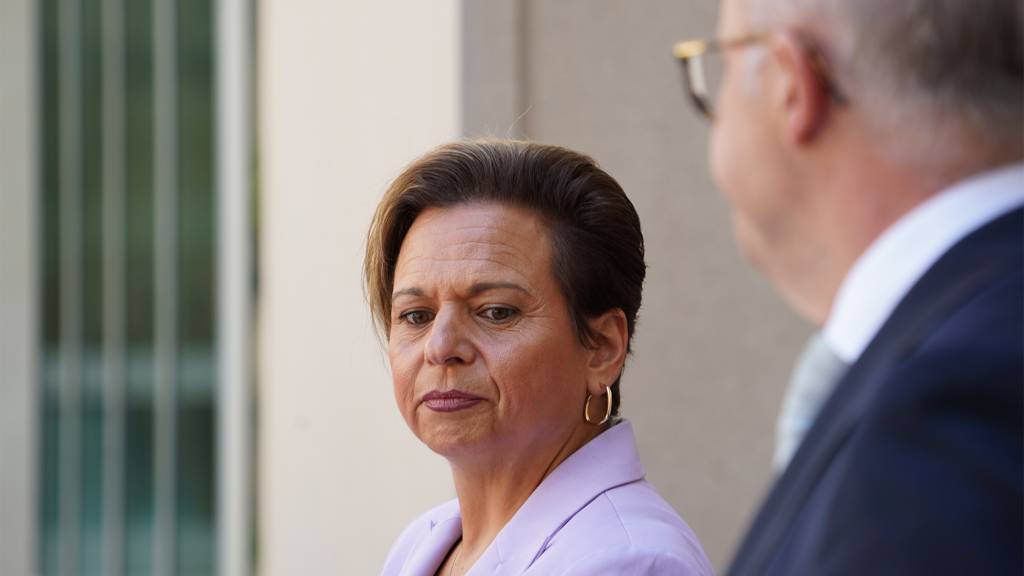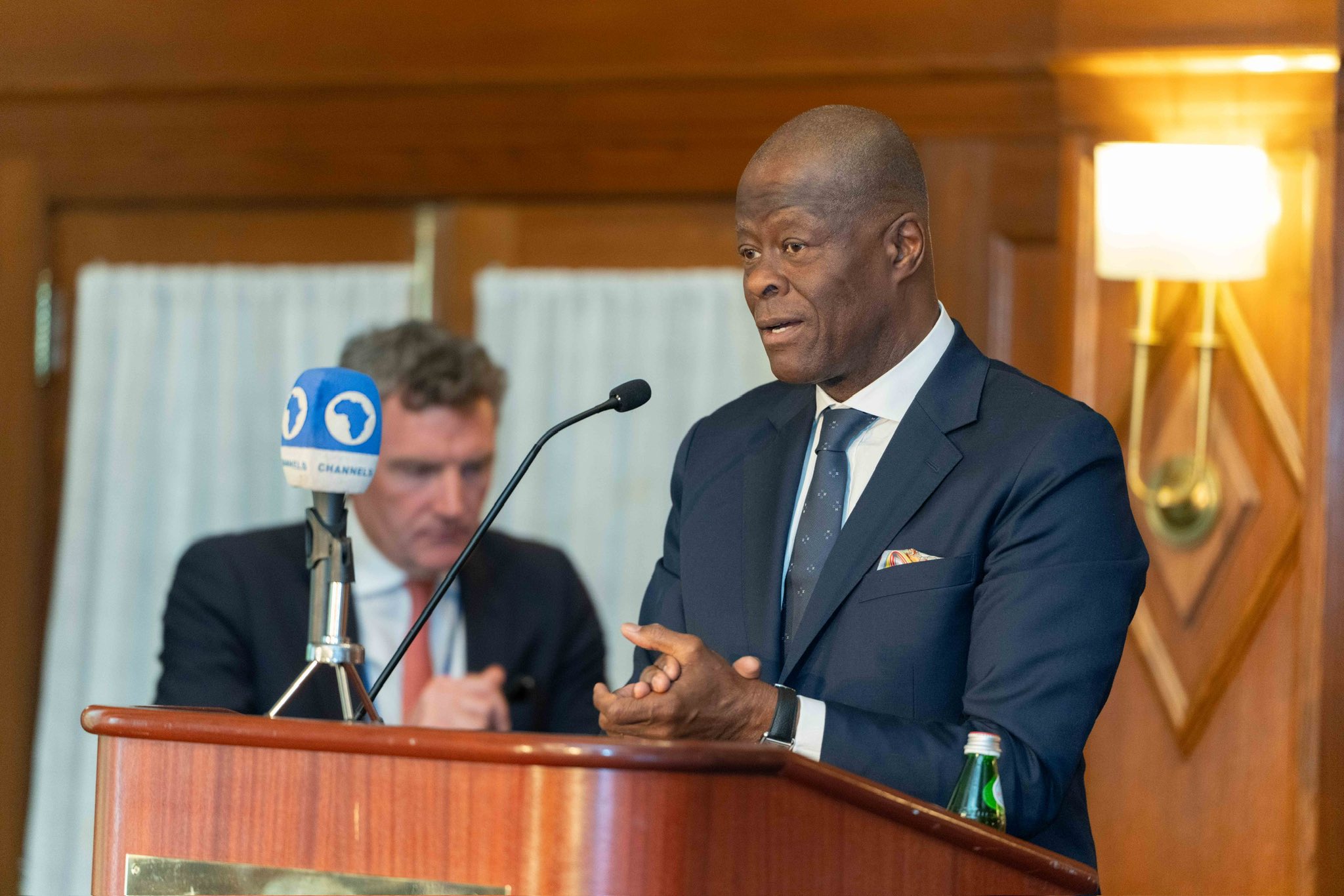Copyright Benzinga

Pentagon chief Pete Hegseth on Saturday condemned Beijing for its escalating "destabilizing actions" in the South China Sea during multilateral defense talks in Kuala Lumpur. According to a CNBC report, Pete pledged U.S. technological support to help Southeast Asian nations counter Chinese threats. Hegseth, a former Army National Guard officer, spoke to Association of Southeast Asian Nations (ASEAN) defense ministers alongside representatives from Australia, Japan, and the Philippines, suggesting the development of shared maritime monitoring capabilities. "You see firsthand the threats we all face from China's aggression in the South China Sea and beyond," he said. U.S. Technology Sharing Initiative Hegseth emphasized the need to create collaborative response systems and monitoring tools to make sure countries facing aggression are not alone, saying that no one can innovate and scale like the United States and that he is eager to share those capabilities with allies and partners. Chinese Coast Guard Deployment Disputed Through a line on its maps that crosses portions of the exclusive economic zones of Brunei, Indonesia, Malaysia, the Philippines, and Vietnam, Beijing asserts sovereignty over nearly the whole South China Sea. Reports state that China has coast guard ships positioned hundreds of kilometers off its mainland. These ships have reportedly clashed with Philippine vessels several times and are accused of interfering with energy operations in Malaysia and Vietnam. Beijing says its coast guard has acted professionally in protecting Chinese territory from incursions and denies engaging in aggressive behavior. Last year, Beijing urged Washington to refrain from “dangerous and destabilizing actions” in the South China Sea. Dong Jun, China's defense minister, said on Friday that China and ASEAN need to work together to "pool Eastern strength" to safeguard peace and stability. Nuclear Testing Comments Hegseth’s visit came after President Donald Trump announced on Truth Social that he had asked the U.S. military to “start testing our Nuclear Weapons,” after a halt for 33 years. Asked by CNBC reporters what kind of testing Trump was referring to, Hegseth said his department would comment later, adding: “We have very capable nuclear capabilities, and testing them is only prudent.” Pentagon chief also announced on X that he signed a 10-year U.S.-India Defense Framework with Indian Defense Minister Rajnath Singh, calling it ‘a cornerstone for regional stability and deterrence. Hegseth has told ASEAN counterparts that the U.S. seeks peace and not conflict, but stressed that it is necessary to ensure China is not attempting to dominate them or any other nation. Read Next: Trump Threatens ‘Fast, Vicious’ Military Action Against Nigeria Over Christian Killings, Halts All US Aid Photo courtesy: Tomas Ragina via Shutterstock



